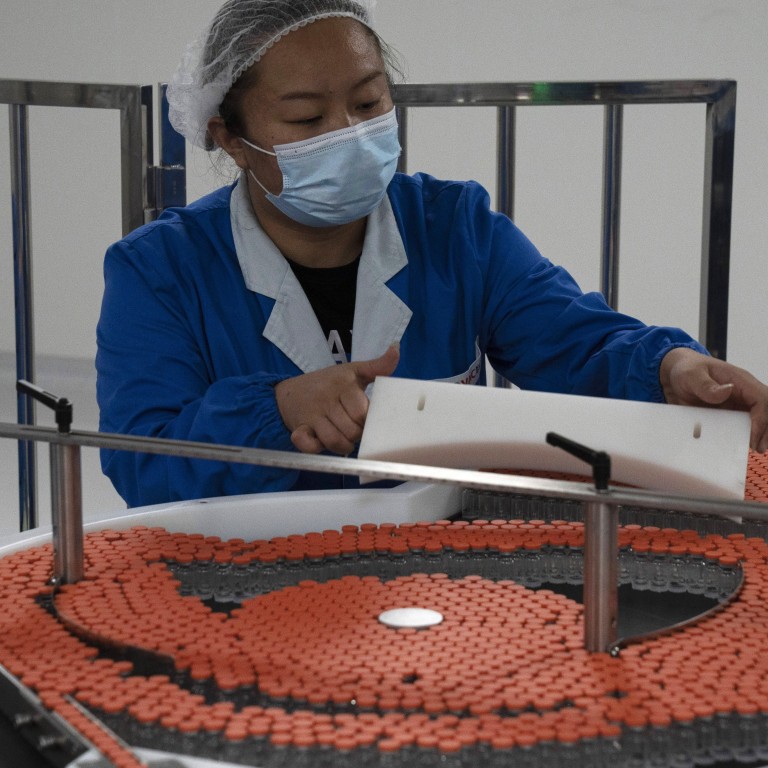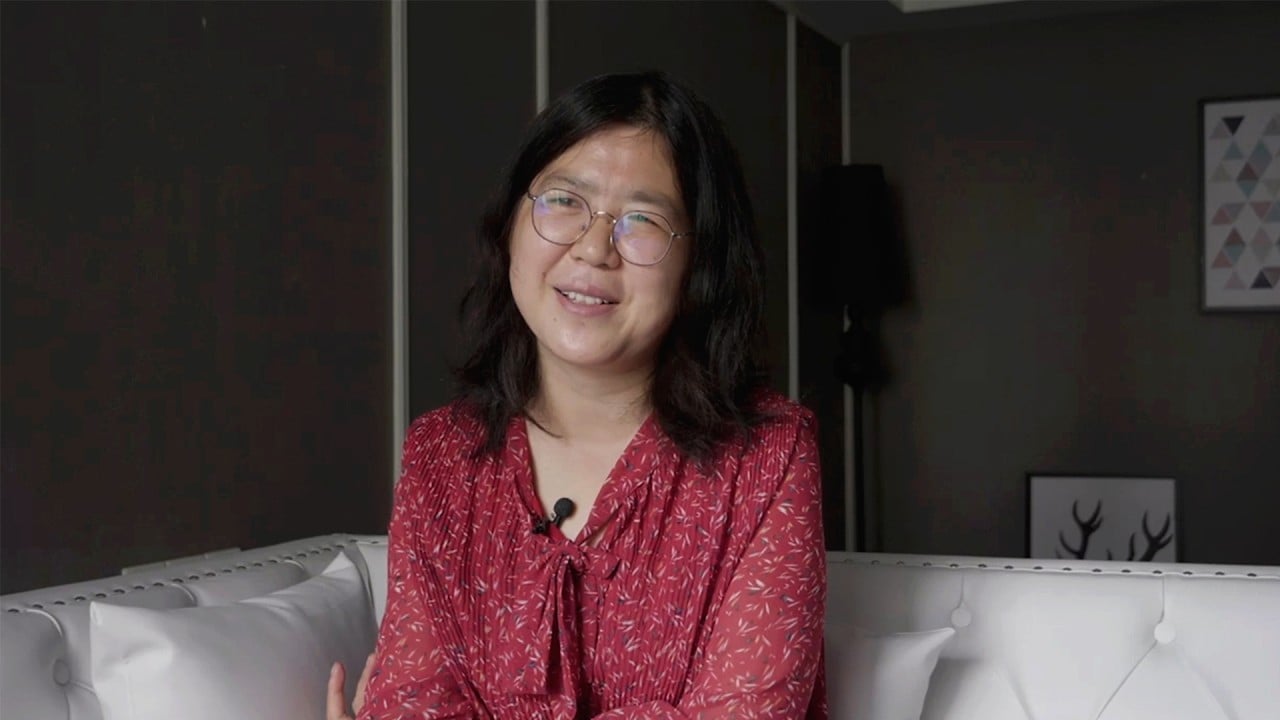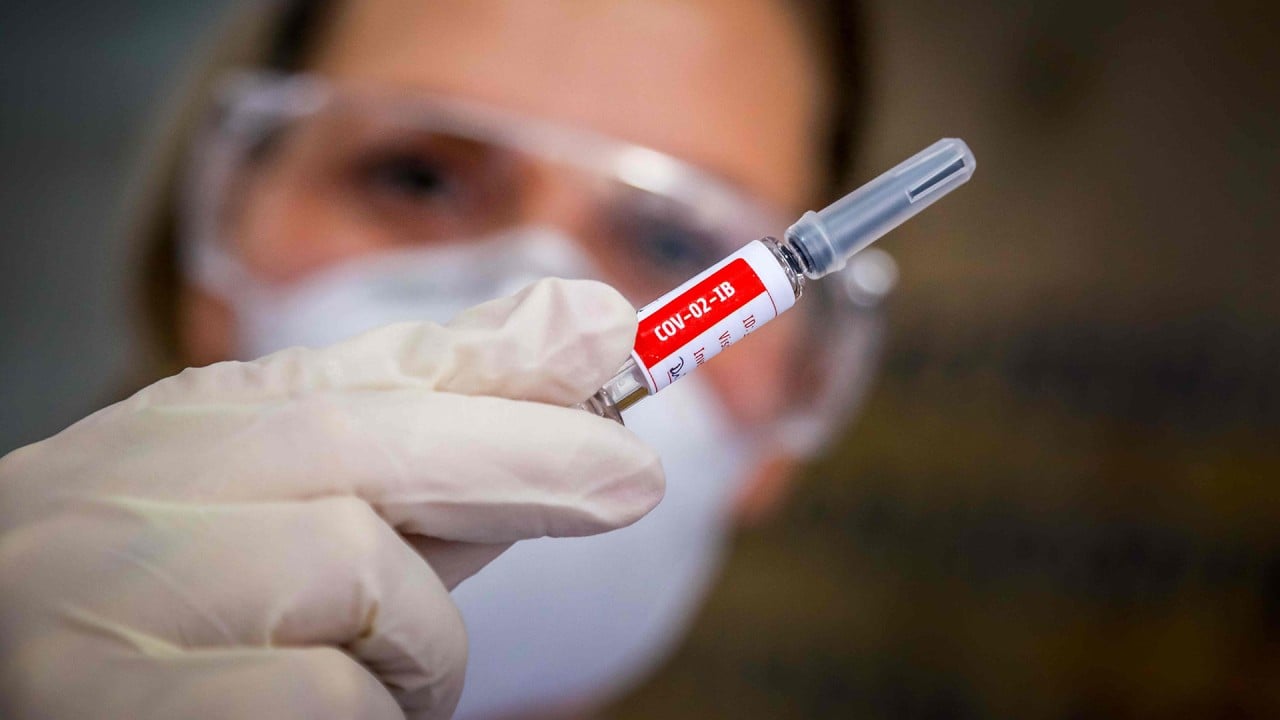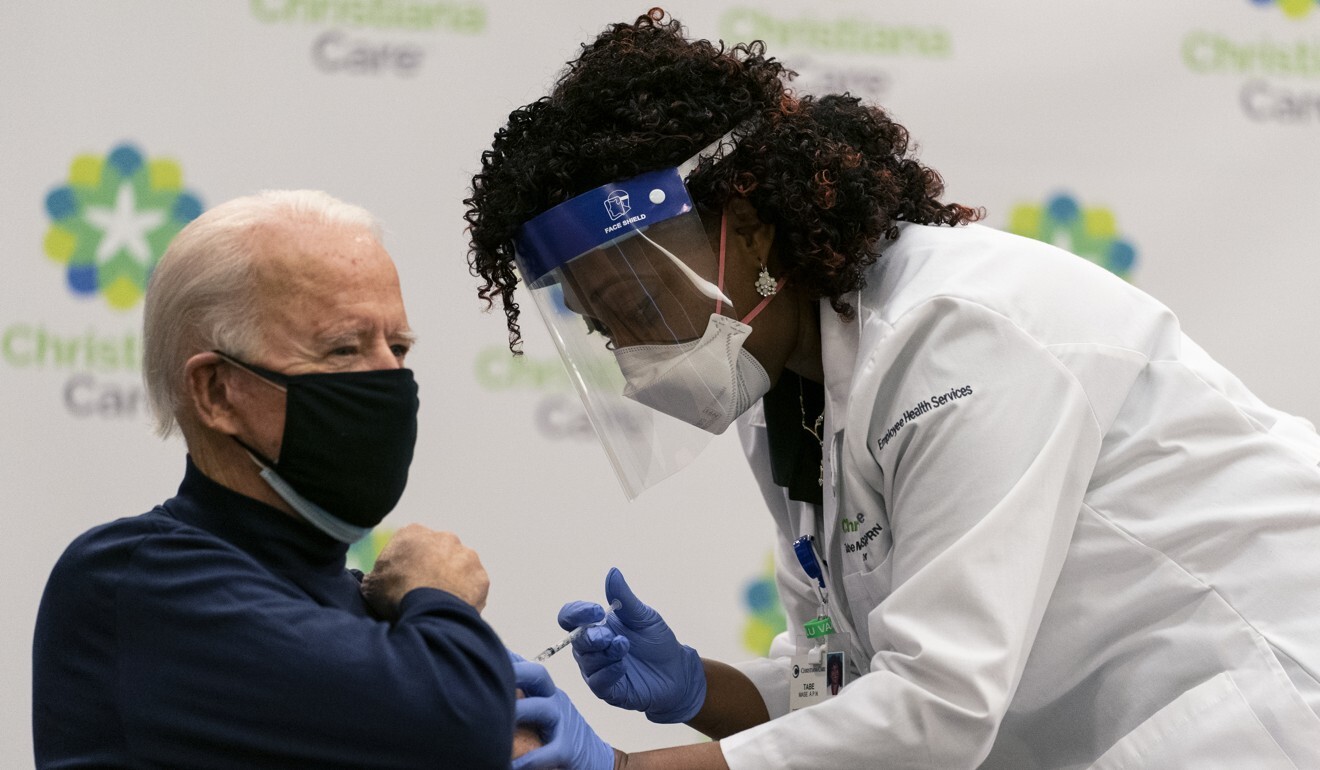
As China doles out coronavirus vaccine in Southeast Asia, US withers in a leadership vacuum
- Beijing’s success in stopping the spread of Covid-19 is a source of soft power that will be magnified by providing vaccines in the region
- Washington, meanwhile, has earned no capital in its approach to vaccine diplomacy – indeed, its parsimoniousness may be causing harm
China was responsible for the initial spread of the virus, turning it into a global pandemic. Rejecting the unfounded conspiracy theories that it was an intentional release by a covert Chinese bio-weapons programme, Beijing covered up the outbreak because that is what authoritarian regimes instinctively do.
The Chinese government’s success in stopping the spread of the virus deserves credit. And clearly it’s a source of soft power for the regime that wants to juxtapose its handling of the pandemic with the Trump administration’s utter incompetence.
China is now moving into a new phase, providing Covid-19 vaccines. There are currently eight different Chinese vaccines under various stages of development. The three that the government is pushing for diplomatic purposes are from Sinovac, CanSino Biologics and SinoPharm.

03:32
Chinese citizen journalist Zhang Zhan sentenced to four years in jail for Wuhan coronavirus reports
Sinovac quickly signed an agreement with the Indonesian government for priority access, and has already delivered 1.2 million doses, with 1.8 million more to be delivered in January. More important, China pledged the raw materials for local production of 45 million doses by the end of January.
When Asian states plan to vaccinate their people for Covid-19

01:50
China’s Sinovac Covid-19 vaccine proves more than 50 per cent effective in Brazil trials
A home-grown vaccine by Arcturus Therapeutics and Duke-National University of Singapore is under development.
Russia anticipates delivering one billion doses of Sputnik-V by the end of 2021.
Pandemic wipes out years of progress on Asian poverty
Southeast Asian states have been negotiating to procure US vaccines, but through pharmaceutical firms themselves and not the government. Singapore received its first doses of Pfizer’s vaccine and entered into a purchase agreement with Moderna, the only Southeast Asian country so far to do so.
Because the US effort is a private sector initiative, without any significant subsidies or help, Washington is earning no diplomatic capital. Indeed, its parsimoniousness may be causing harm.

Compounding America’s dereliction is the fact that the Trump administration withdrew from the WHO, whose Covax programme will provide vaccines to the poorest countries or those who simply are unable to negotiate sufficient imports. The US had provided US$400 million in annual funding, 15 per cent of the WHO’s budget. China has increased its donations to the WHO.
Brunei, Cambodia, Malaysia and Myanmar are all in negotiations with the Covax programme.
The reality is that even in developing countries that handled the pandemic exceptionally well, such as Vietnam or Thailand, they will not vaccinate their entire populations by the first quarter of 2023, a full year after the developed world.
If the United States is truly going to compete against China, it can’t just be a scold, whining about the threats of the Chinese Communist Party strategy to a sceptical Southeast Asia
The Trump administration’s position is not only an abdication of global leadership but potentially self-defeating: the longer a sizeable portion of the world’s population is unvaccinated, the greater the opportunity for the virus to mutate and potentially become immune to the vaccines in use.

It has to put its values front and centre, and provide the collective goods and solutions to countries’ problems.
When Asian states plan to vaccinate their people for Covid-19
China will provide vaccines in Southeast Asia, but that could come with plenty of strings attached: concessions on territorial rights, obeisance to Beijing’s diplomatic positions and interpretations of international law.
Turkish media are reporting that China held up the delay of vaccines until an extradition treaty was completed, paving the way for Beijing to try to get some 50,0000 Uygurs returned.
All this is not lost on most elites of Southeast Asia. But without the United States performing its traditional role, there is little that the states can do about it but put up their hands to get China’s injection.
Zachary Abuza is a professor at the National War College in Washington, where he specialises in Southeast Asian politics and security. The views expressed here are his own and do not reflect the opinions of the National War College or US Department of Defence.

